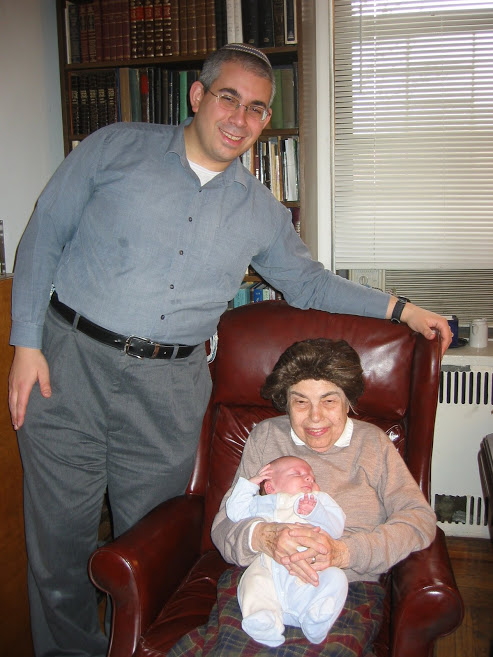I’m really not in a forgiving mood.
Less than 24 hours from Yom Kippur, I’m supposed to be. We stand before God and ask Him to pardon our trespasses on the Day of Atonement, so we need to forgive others. The Sages even say that God Himself is powerless to absolve interpersonal sins until the offender mollifies the victim.
But instead I’m asking: How do I forgive? That’s because this Yom Kippur, I won’t be in synagogue. I won’t be leading prayers, reading the Torah or giving a sermon there. I will be homebound, in our second (or is it fifth?) lockdown, like millions of Jews — especially in the two countries who have more Jews than any others: the US (where I grew up) and Israel (where I live). They say that Yom Kippurim is a day like (ke-) Purim, and that’s grimly true this year, as we seem to be in just as dire a situation, if not worse, seven months after that holiday and our first lockdown.
And while COVID-19 comes from nature, the reason I can’t leave my home is manmade. And I don’t know how I forgive those men. (Or women. But mostly men.)
How do I forgive the world leaders whose main goal amid the coronavirus pandemic seems to be declaring victory rather than achieving victory?
How do I forgive those who eagerly spread misinformation about coronavirus, mocking and undermining public health officials, doctors and scientists who have dedicated their lives to fighting diseases like this one?
How do I forgive the politicians who let the public health system deteriorate to such a point that a bad flu season would topple it, not to mention a once-in-a-century pandemic?
How do I forgive the protesters who think that their political agenda is so righteous that they are immune — so why not have a maskless Rosh Hashana feast on the street, or take signs and slogans to the beach to frolic in the surf?
How do I forgive the prayer-goers who think that their religious agenda is so righteous that they are immune — ignoring or at best paying lip-service to Health Ministry guidelines?
How do I forgive the rabbis on our public payroll, at the neighborhood, municipal and national level, who have provided zero leadership amidst this crisis?
How do I forgive the politicians who treat public health as a bargaining chip–maybe we’ll listen to the experts and shut down X, if you meet demand Y!
How do I forgive the education officials who decided that schools had to open up, because those halls need to be filled with as many kids as possible on as many days as possible?
How do I forgive my fellow citizens who think a distance of two centimeters is as good as two meters, or think they breathe with their chin or without their nostrils? Including law enforcement officers who are giving out tickets for those very violations?
Perhaps by Yom Kippur 5782, I will be in a more forgiving mood.
